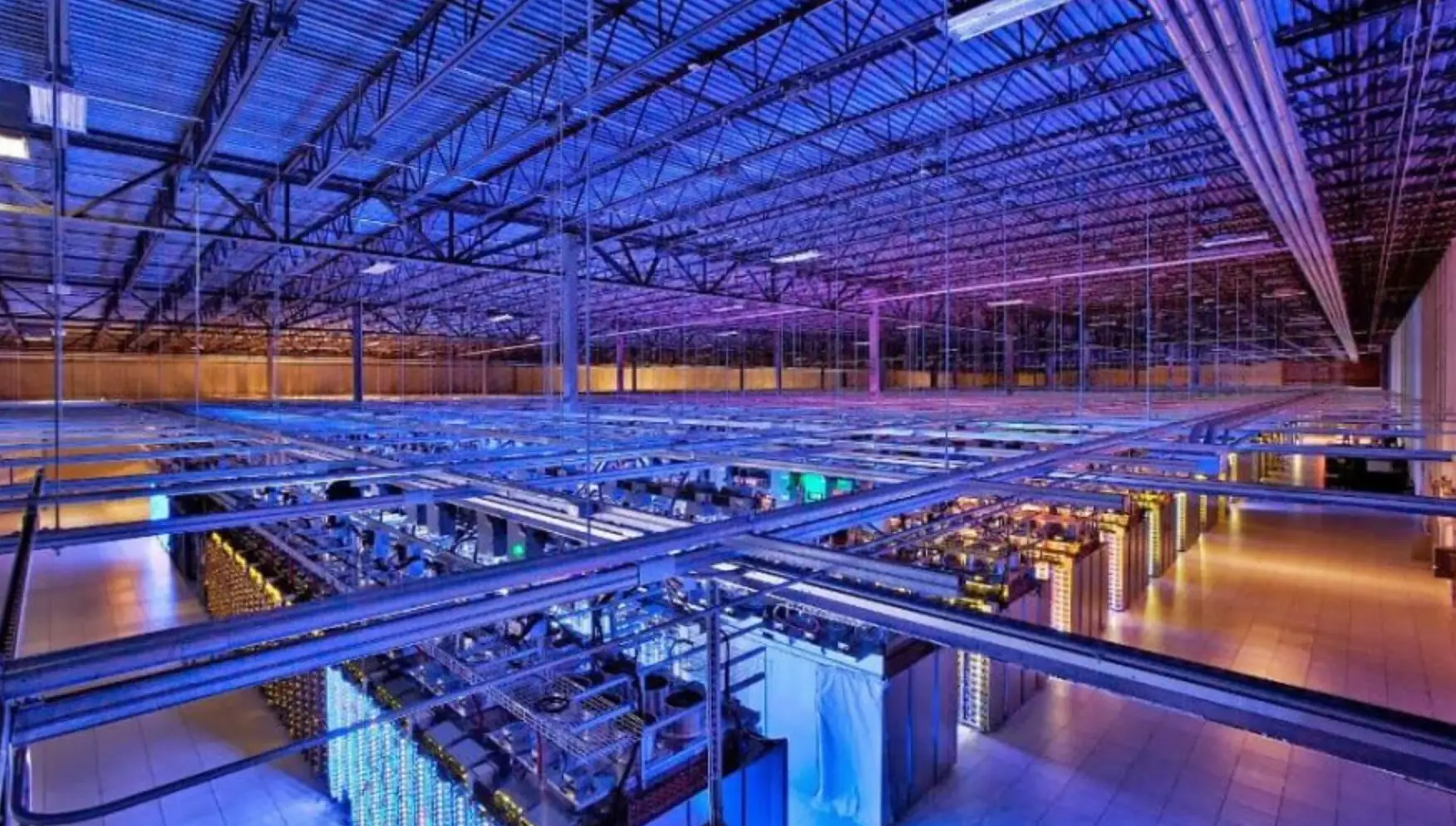With the spread of cloud computing in recent years, it seems we have moved from the “liquid modernity” of the famous sociologist Zygmunt Bauman into a “gaseous modernity.” Personal data, government records, commercial transactions, industrial property, and military secrets all appear to be stored—and safe—in the so-called “cloud.”
The term cloud suggests an ethereal lightness, making it a perfect fit for the ideological grammar of big tech companies. However, in reality, it refers to a vast network of data centers—large facilities housing physical servers spread across different regions of the world and connected via the internet. These data centers store, process, and distribute data and applications for users, businesses, and governments. To function efficiently, the cloud relies on cooling and energy systems, as well as the use of petroleum-derived oils and lubricants for equipment maintenance. Additionally, it requires minerals such as silicon, cobalt, lithium, and copper (among others) for building hardware like computers and smartphones.
The development of Artificial Intelligence (AI) has exponentially increased the technology sector’s demand for water, oils, and minerals to feed the cloud’s increasingly unsustainable appetite. Cloud computing is essential for supporting modern AI infrastructure, making it crucial for this inherently innovative and disruptive industry to seek new solutions.
In this context, newly inaugurated President Donald Trump has declared an energy emergency in the United States immediately upon taking office, repeating his mantra: “Drill, baby, drill.” This national emergency declaration allows for the loosening of environmental regulations in the country, facilitating the expansion of fossil fuel exploration through drilling and oil extraction, what Trump calls “liquid gold.” His solution to 21st-century problems, it seems, is to return to the 19th century.
On the other side of the world—both literally and metaphorically—a Chinese company has surpassed ChatGPT in the number of downloads on the App Store. The startup DeepSeek, based in Hangzhou, China, recently launched a free digital assistant that uses less data and costs a mere fraction—nearly 20 times less—than the AI models of industry giants like OpenAI, Google, or Meta. The news sent Nvidia’s stock plummeting; the leading U.S. AI chip supplier had been on a steep upward trajectory over the past two years. Other major companies like Meta, Alphabet, and Oracle also saw their shares drop sharply in response to DeepSeek’s success.
It is promising that China’s ability to create low-cost digital technology solutions is pressuring current market leaders to seek more environmentally friendly technological solutions. Additionally, it allows startups and smaller companies worldwide to access AI with lower barriers to entry, increasing global competition. This could even apply to Brazil, which approved the Brazilian Artificial Intelligence Plan (2024–2028) last year during the 5th National Conference on Science, Technology, and Innovation. With a projected investment of approximately R$23 billion over four years, this ambitious plan aims to position Brazil as a global leader in AI innovation and efficiency. Achieving this goal, of course, will require prioritizing cheaper and more ecologically sustainable technological solutions, such those developed by our key commercial partner in the East.
If China, from the land of the rising sun, can reduce global energy demand and help much of the solid network of data centers dissolve into thin air, fewer clouds could mean a sunnier future for artificial intelligence.
*Machine translation proofread by Janaína da Silva.













